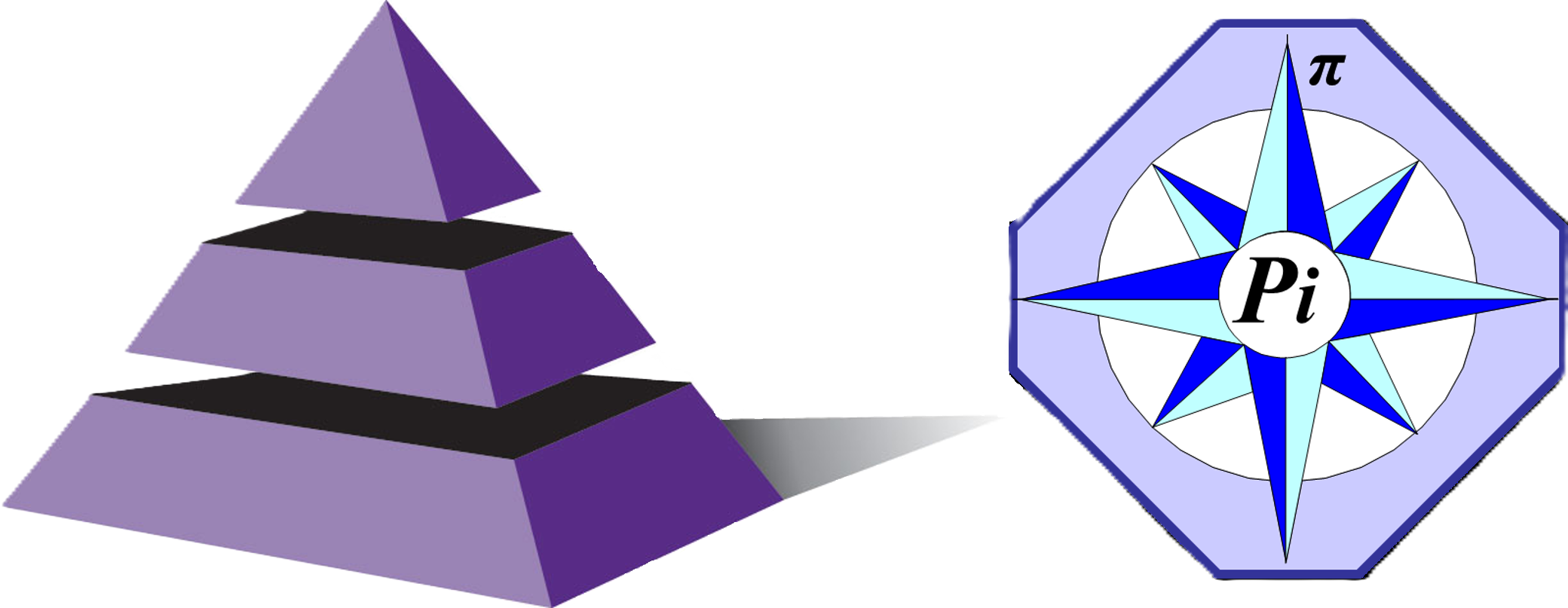These Aren’t The Patent Trolls You’re Looking For | TechCrunch
These Aren’t The Patent Trolls You’re Looking For | TechCrunch: Wow this is a great analysis/discussion of Patent Trolls. This is a great discussion of the companies that exercise their IP rights and ways in which they do so. IBM invents a lot (patents) but doesn’t directly utilize most of their inventions directly. Plus, even if they do, they often have peripheral uses of the technology where licensing out is a great way to commercialize….
